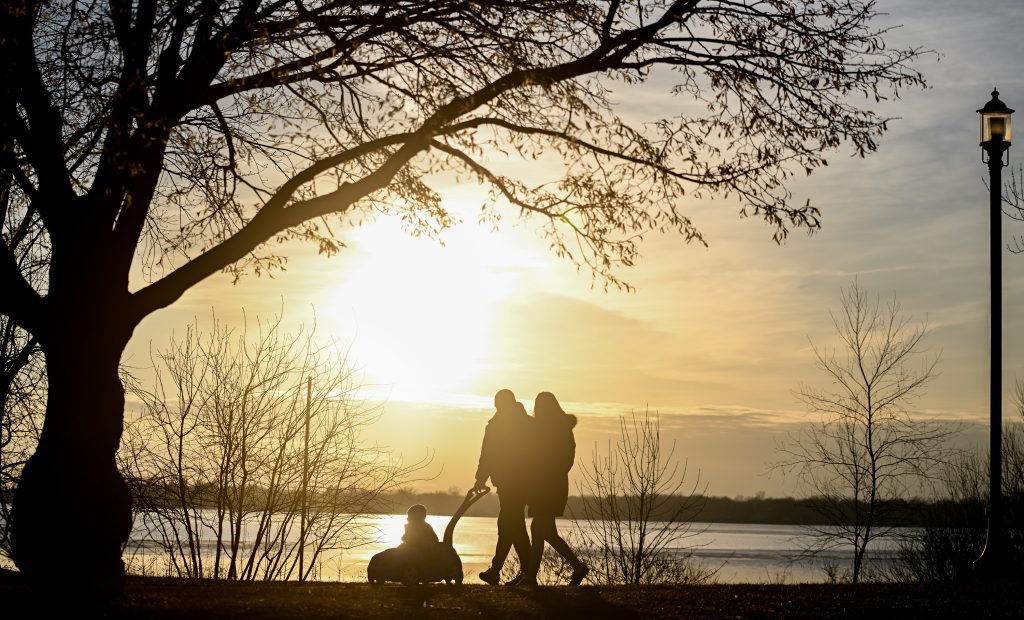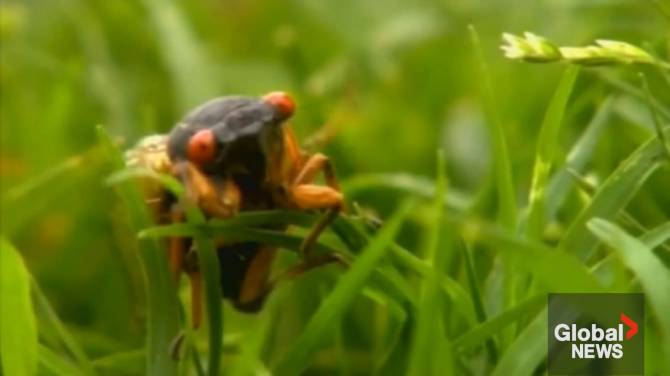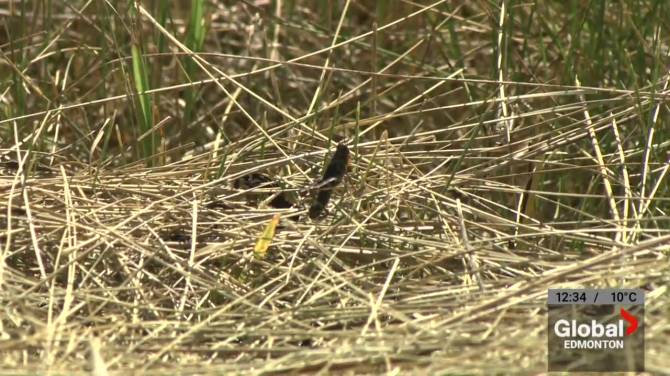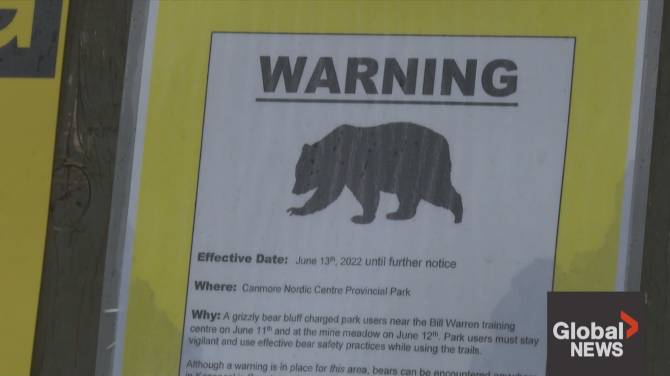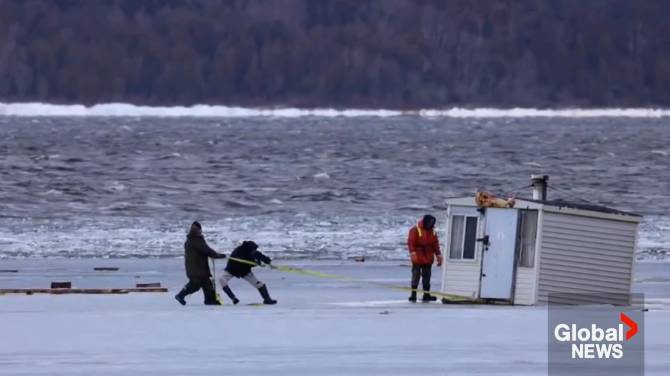The warmest winter on record might have significant effects on things like wildfire season and erosion, say climate scientists. They also provide a glimpse of what the season could be like in the near future unless steps are taken to reduce greenhouse gas emissions.
Winter ends Tuesday night – early Wednesday on Canada’s East Coast – with the beginning of the equinox. But climatologist David Phillips says it’s almost as if this winter in Canada never happened. spring equinox that officially marks the end of winter. But climatologist David Phillips says it’s as if this winter in Canada barely existed.
“I called it the lost season,” said Phillips, a senior climatologist with Environment and Climate Change Canada.
Canada broke temperature records this winter, and it wasn’t even close, Phillips said, referring to national data going back to 1948.
While winter’s end is usually marked by the equinox, climatologists consider what’s known as meteorological winter, the three-month period from December to February. Over that time, Canada was 5.2 C warmer than usual, said Phillips. That’s 1.1 degrees warmer than the previous record set in 2009-2010.
There were periods of extreme winter weather across Canada, from a January deep freeze on the Prairies to a massive snowfall in the Maritimes in February. But the warmer-than-normal and unusual weather was widely felt across the country.
This winter, Phillips said, “was put on hold – and not on ice.”
Some people may have been thankful for a break on heating bills or for occasional warm days, but Phillips says the record-breaking temperatures disrupted Canada’s winter way of life. Winter festivals were cancelled, ski resorts faced closures, and plants and animals emerged prematurely. Remote First Nations in Ontario and Manitoba that rely on ice roads issued states of emergency due to poor conditions.
Outdoor skating, often seen as a hallmark of Canada’s winter life, suffered too. Ottawa’s iconic Rideau Canal skateway was open for a few days this winter, after the previous year’s unprecedented season-long closure.
Damon Matthews, a Concordia University climate scientist who has tracked climate change’s impact on retreating rinks, mentioned Wayne Gretzky and Joni Mitchell as he pointed out the role of outdoor skating in Canada’s perception of winter.
Mitchell’s longing for a “river I could skate away on,” described in her 1971 song “River,” may be felt not only by those who moved to California, but by people across Canada this year and in the years to come, he said. Gretzky’s story of learning to play on outdoor rinks may be a tale denied to other aspiring hockey players in southern Ontario.
“It’s a shame that’s the case,” he said.
Experts say the causes of this winter’s record-breaking warmth include El Niño and human-caused climate change. Other related factors include record-high global ocean temperatures and residual heat from earlier in 2023.
El Niño, a natural climate phenomenon that usually occurs every two to seven years, was strong this year but not the strongest. The United Nation’s World Meteorological Organization said its peak fell short of at least two other El Niño winters in 1997 and 2015.
WMO Secretary-General Celeste Saulo said that El Niño has played a part in these record temperatures, but heat-trapping greenhouse gases are definitely the main cause.
Phillips, the Environment Canada climatologist, said that climate change is predicted to increase winter temperatures more than any other season in Canada. If the world continues to emit greenhouse gases at the current rate until 2050, Phillips says his own community of Barrie, in central Ontario, could experience similarly warm winters on a regular basis by 2065.
Having less snow on the ground during the spring melt means there's less water available for irrigating farmlands and refilling reservoirs. Additionally, snow melting helps to lower the risk of wildfires.
A recent update from Environment Canada reported that almost all of Western Canada, northern Ontario, and parts of northern Quebec were experiencing drought conditions as of the end of February. Parts of southern Alberta and northern British Columbia reported conditions usually seen once every 50 years.
Phillips said, "The drought season, the forest fire season – these are all to come, but sometimes the seeds of those are sown in the winter.
In February, the Great Lakes ice cover, which helps protect the shoreline from erosion during winter storms, reached historically low levels. Erosion concerns also extend to coastal areas around the Gulf of St. Lawrence, including Prince Edward Island, according to Phillips.
Concordia climate scientist Matthews mentioned the importance of being clear about the consequences of climate change without feeling hopeless about an avoidable outcome.
He emphasized the need for Canada to stop debating whether climate change is an issue and start taking action, stating that Canada is not meeting the necessary standards.
“Outdoor skating is a result of that, but there are many worse consequences if we don’t take action soon.”


